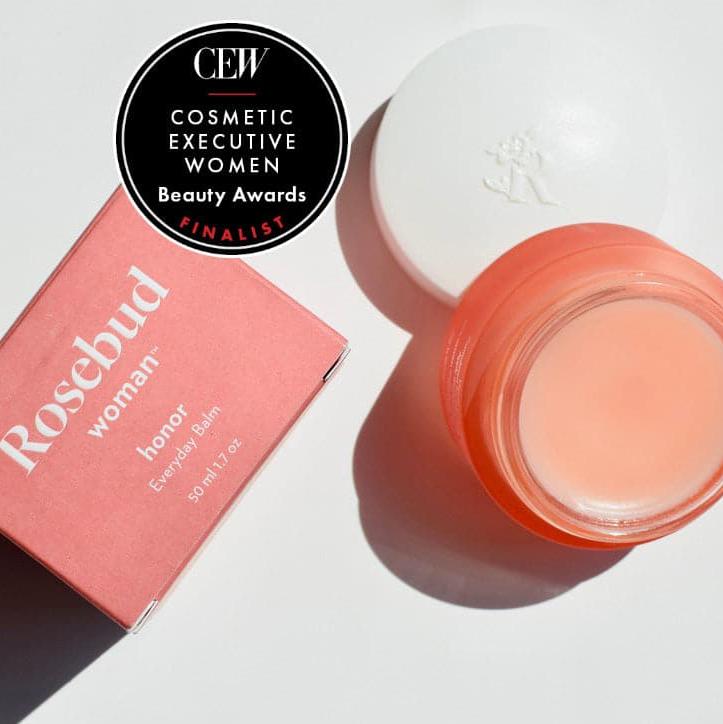Contemplating Our Experience of Motherhood: Post-Partum Depression and Maternal Health Awareness Month
May is Maternal Mental Health Awareness Month. It provides an opportunity to pause and contemplate our shared beliefs around the experience of motherhood. It also offers an opening to understand and address, with compassion, the mental health conditions—including anxiety and postpartum depression (PPD)—that can occur after giving birth.
Postpartum Depression can affect any woman, regardless of her history with mental health disorders. In fact, for half of all women diagnosed with PPD, this is their first episode of depression. According to the American Psychological Association, “It’s common for women to experience the ‘baby blues’ — feeling stressed, sad, anxious, lonely, tired, or weepy — following their baby’s birth. But some women, up to 1 in 7, experience a much more serious mood disorder — postpartum depression.”
According to Women’s Health magazine, “Hormonal changes may trigger symptoms of postpartum depression. When you are pregnant, levels of the female hormones estrogen and progesterone are the highest they’ll ever be. In the first 24 hours after childbirth, hormone levels quickly drop back to normal, pre-pregnancy levels. Researchers think this sudden change in hormone levels may lead to depression.2 This is similar to hormone changes before a woman’s period but involves much more extreme swings in hormone levels.”
The postpartum experience is as varied as the experience of being pregnant itself. By having honest conversations with each other, and honestly sharing our feelings, we can bring to light our long-held views of what motherhood “should” look like and create supportive networks for any new parent who may be struggling or in crisis.
Three immediate suggestions for improving your own postpartum experience: Reach out for support, eat healthy foods, and get moving—exercise and movement are proven mood-enhancers,
Support groups, counseling, and opening up to your partner about how you’re feeling are all also good strategies for combating the feelings of isolation that can occur with PPD.
If you feel like you’re struggling, know you’re not alone. Ask your ob/gym for help and take advantage of the many resources available to you.
Support Resources:
-
Postpartum Health Alliance
If you need immediate support, please call the San Diego Access and Crisis Line at (888) 724-7240. The toll-free call is available 24 hours a day, seven days a week. - Talk to other mothers who have recovered from PPD. Postpartum Support International (800) 944-4PPD or (800) 944-4773
- National Women’s Health Center
- https://www.womenshealth.gov/mental-health/mental-health-conditions/postpartum-depression
Exercise, talk it out and reach out to one or more of the resources above. Maternal Mental Health Awareness month is a great time to inform and educate yourself about these often misunderstood issues—and to learn what’s available for you, those you love, and the new mothers in your community.
Love,
Samantha at Rosewoman


























